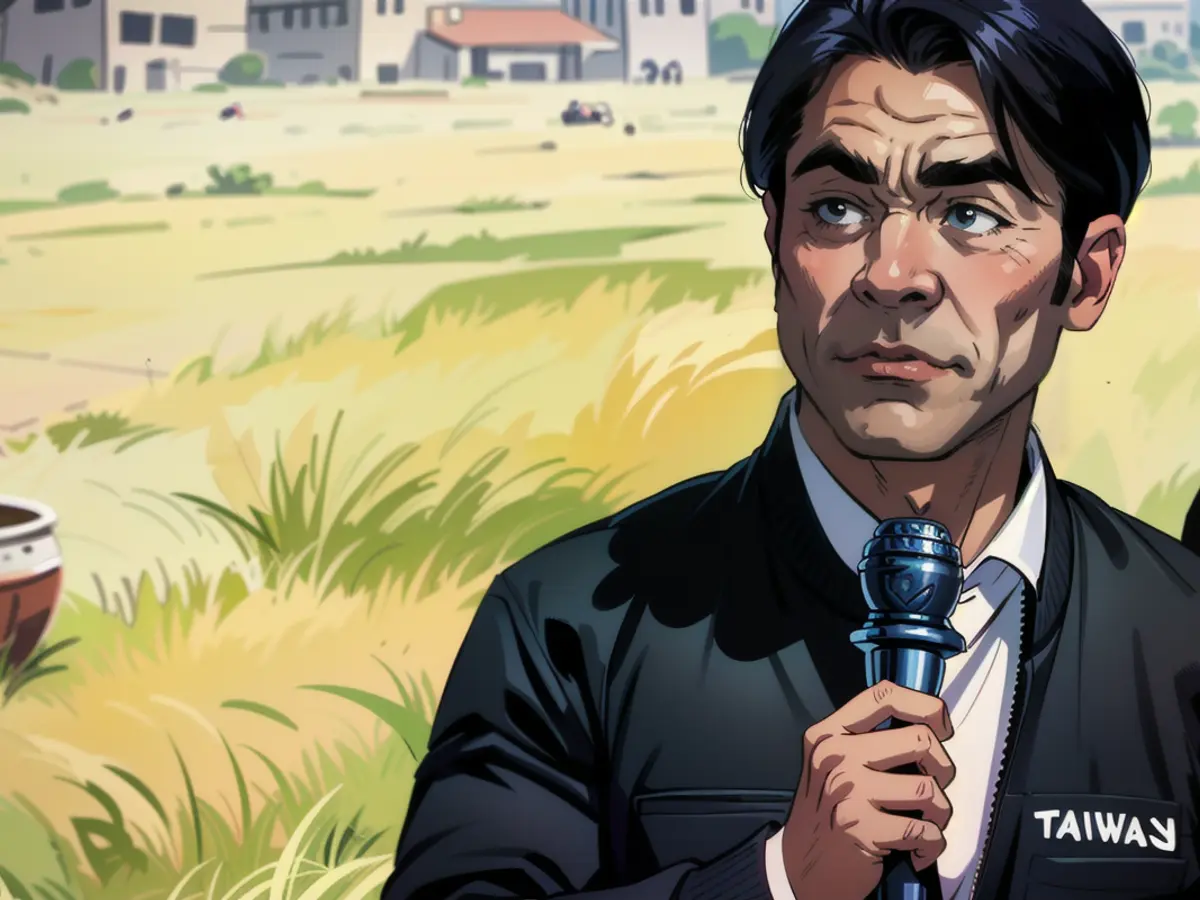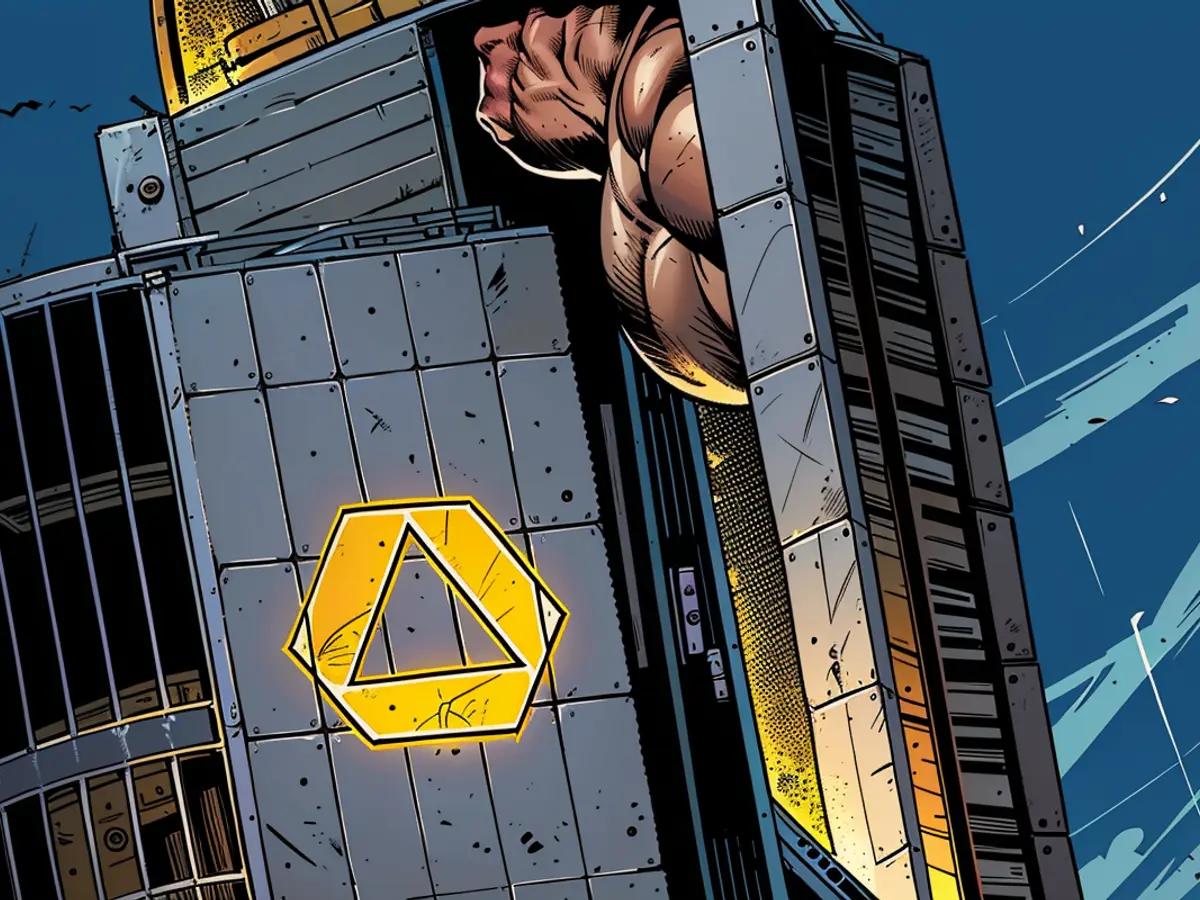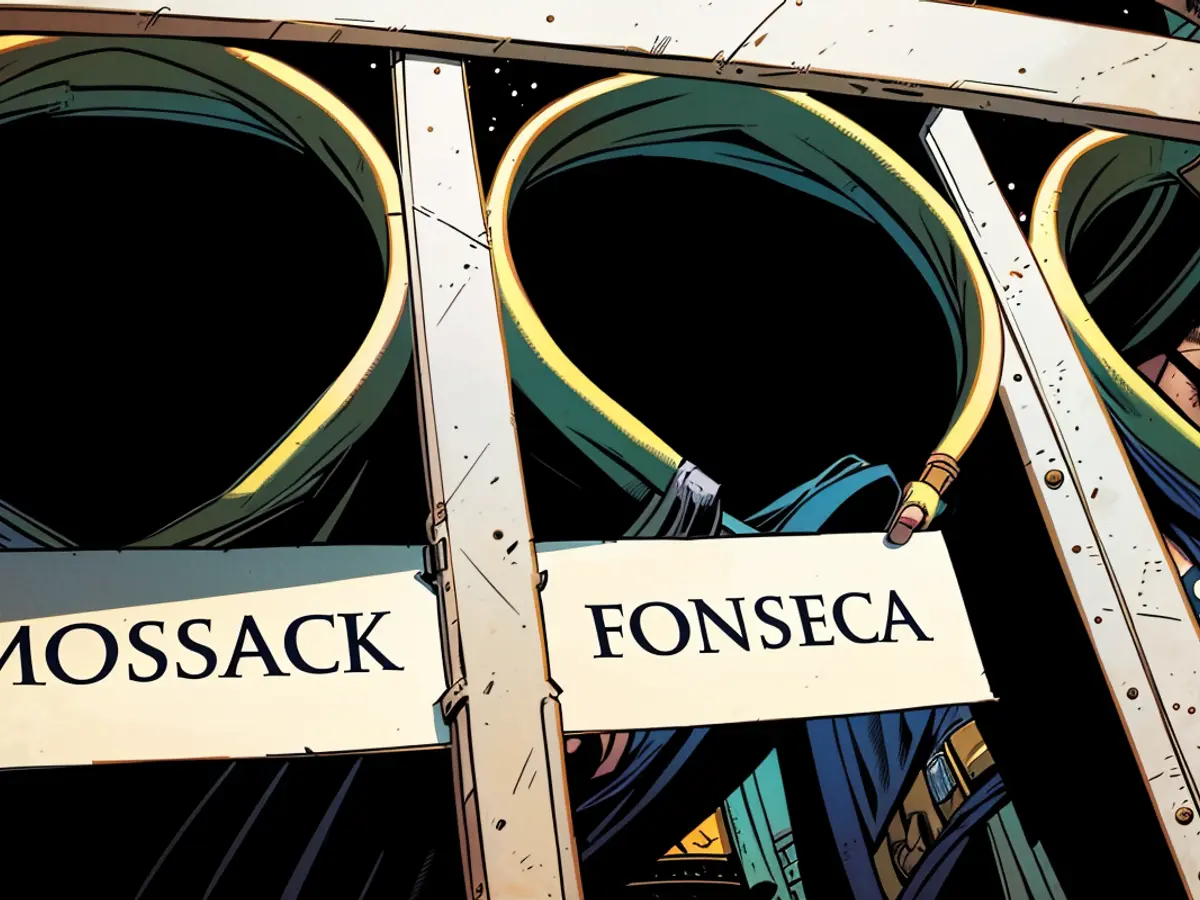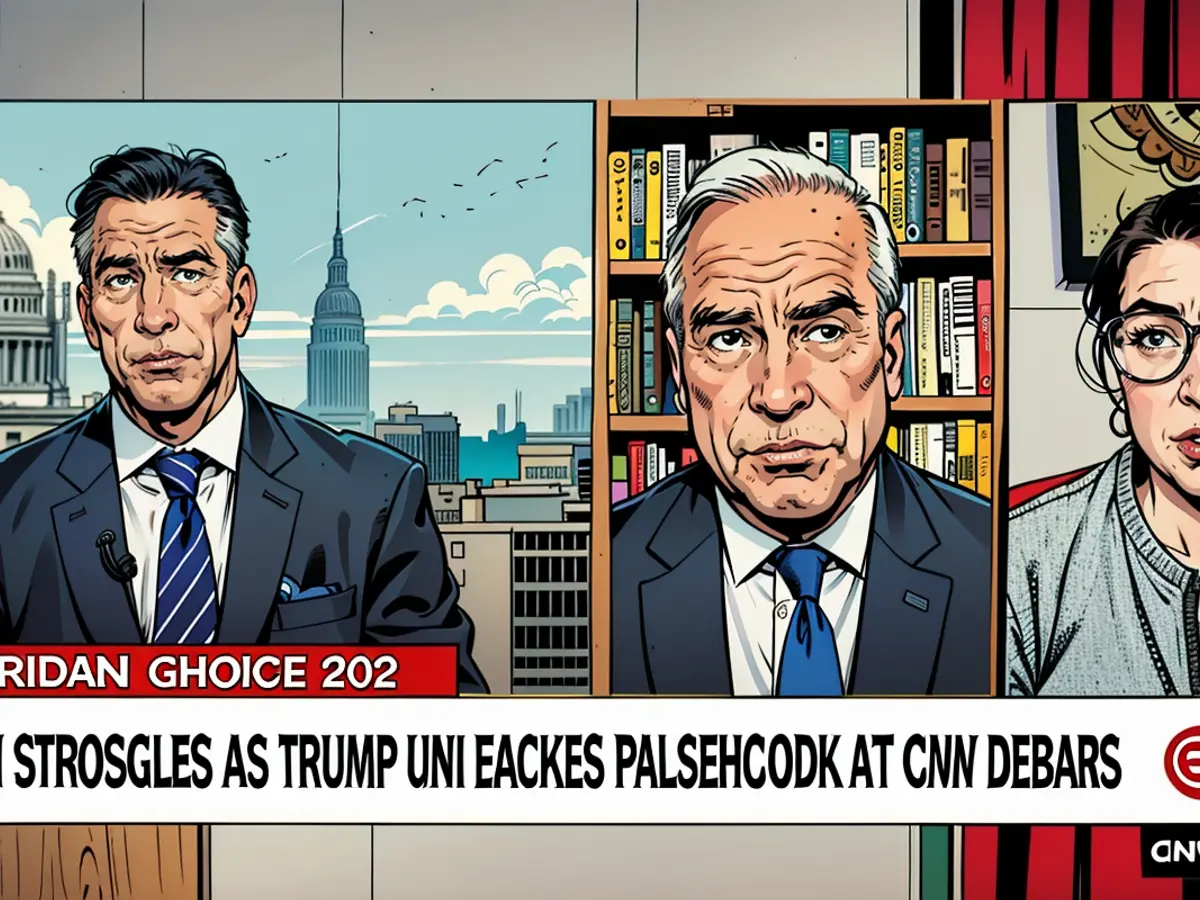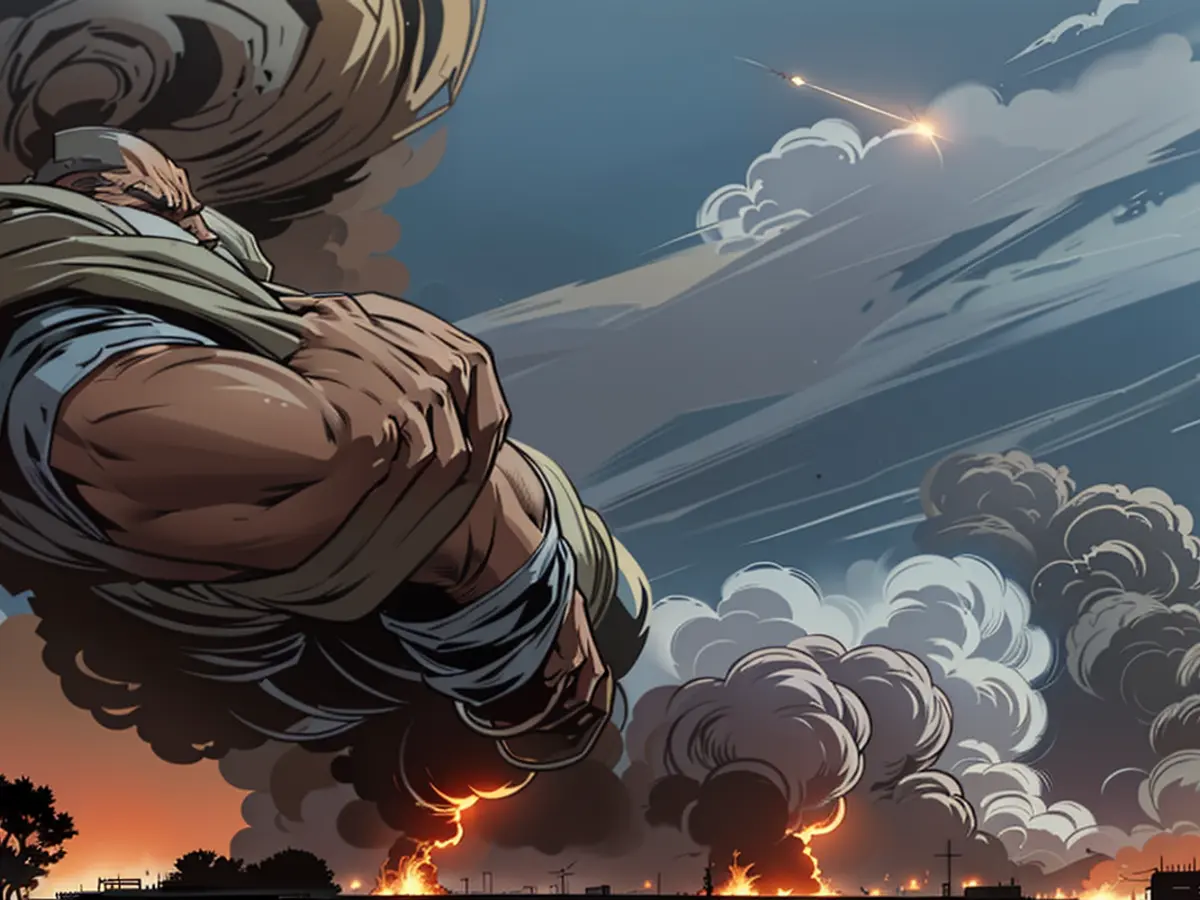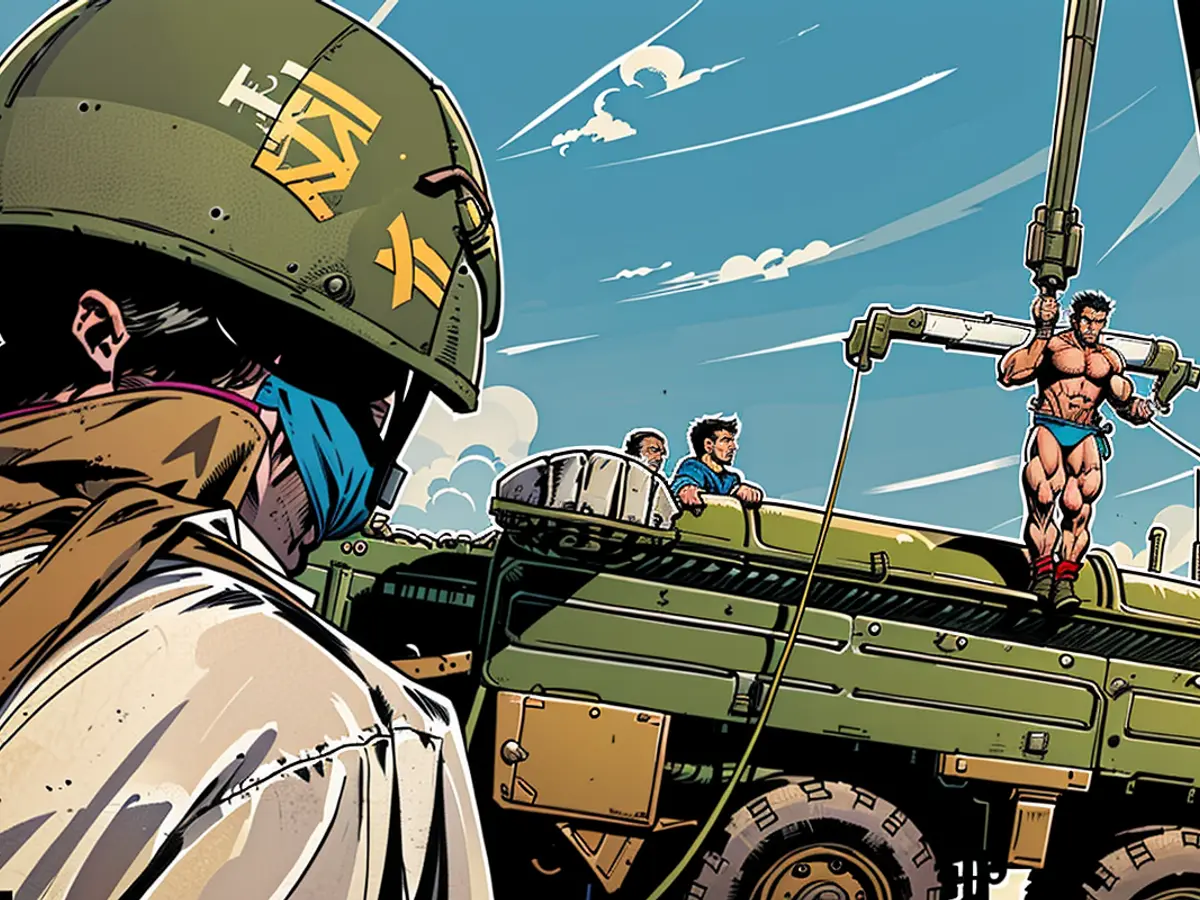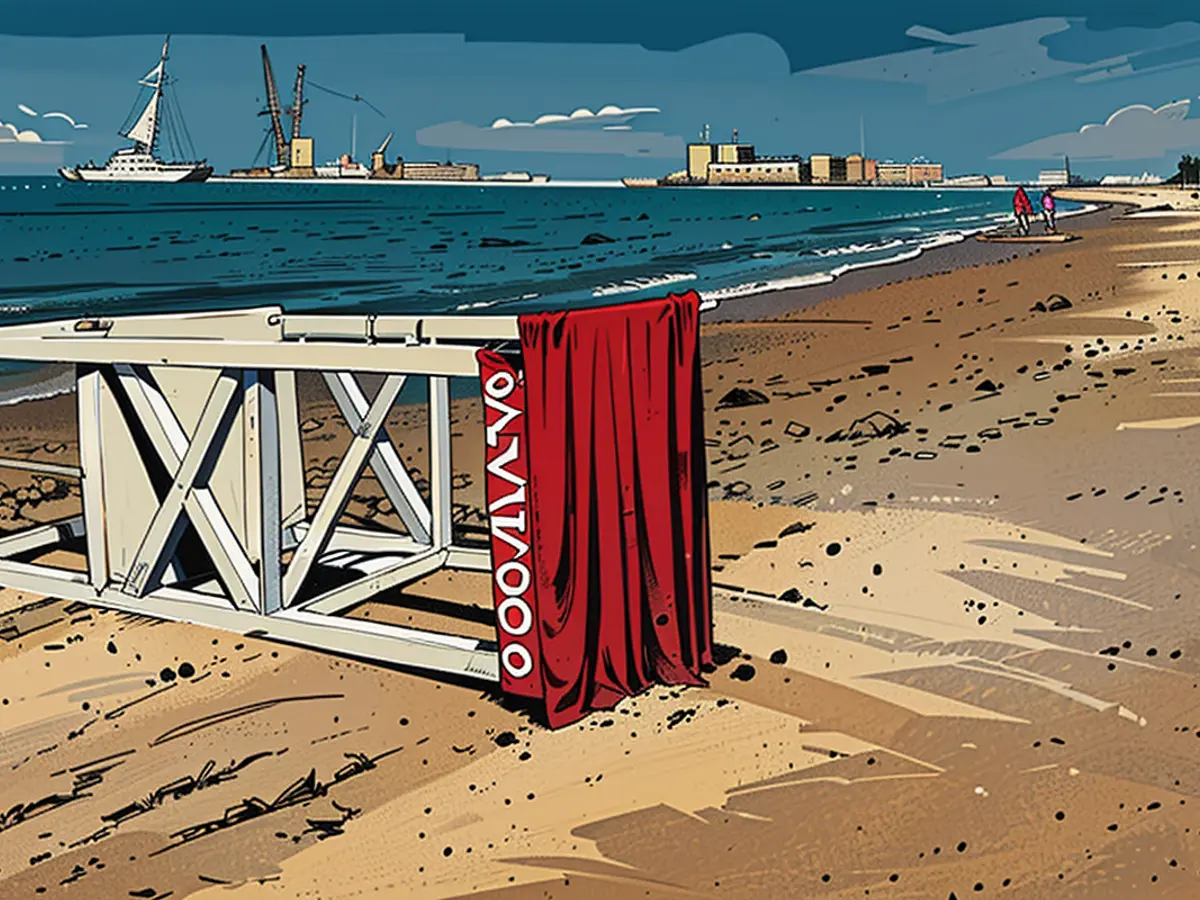Taiwan's leader indicates readiness for dialogue after China's military exercises.
Newly sworn-in Taiwanese president, Lai, experienced China's aggressive military actions just a few days into his term. On Wednesday, Chinese forces began maneuvers in the Taiwan Strait, spanning the northern, southern, and eastern regions of Taiwan and offshore islands. These exercises were larger in scope than previous ones. The Chinese military sender land, sea, air, and missile forces for the drills.
A military official stated that the purpose of these maneuvers was to test "takeover" capabilities. The Chinese Foreign Ministry spokesperson, Wang Wenbin, went as far as to threaten Taiwan's independence fighters with "shattered skulls and blood." By Friday, Beijing proclaimed the completion of the "successful" training session.
In the midst of China's display of strength, Lai expressed his desire for cooperation between Taiwan and China at a public event in Taipei. He hoped to foster mutual understanding and achieve a "path towards an attitude of peace and common prosperity."
Since 2016, relations between Beijing and Taipei have been tense due to previous president Tsai Ing-wen's administration taking office. Lai, who is a party member like Tsai and served as vice president before, has consistently maintained a strong stance against China. Beijing views him as a "separatist," and Lai's inauguration speech was seen as promoting Taiwan's independence in Beijing.
Taiwan split from mainland communist China at the end of the civil war 75 years ago. Beijing sees the island as a renegade province that needs to be reunited with the mainland, using military force if necessary.
Since 2016, China has escalated political and military pressure on Taiwan, consistently sending fighter jets and warships near the island, even during non-drill times. On Sunday morning, Taiwan's Defense Ministry revealed that within a day, seven Chinese aircraft, 14 warships, and four Chinese coast guard vessels were "deployed around the island."
Given the escalating tensions, US Defense Secretary Lloyd Austin plans to attend a meeting with his Chinese counterpart, Dong Jun, next week. According to the Pentagon, the two ministers will engage in talks at the Shangri-La Dialogue security conference in Singapore. The United States has been providing Taiwan with billions in military assistance for years and frequently urges Beijing to practice restraint.
Read also:
- This will change in December
- Dikes withstand water masses so far - Scholz holds out the prospect of help
- Fireworks and parties ring in 2024 - turn of the year overshadowed by conflicts
- Attacks on ships in the Red Sea: shipping companies avoid important trade route
Source: www.stern.de
